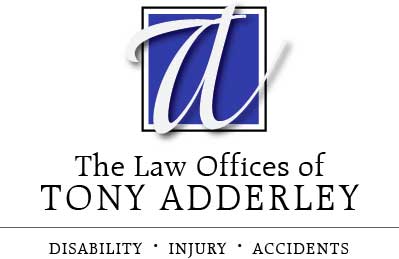California’s workers’ compensation system is set up as a sort of financial safety net for employees of businesses who get injured while on the job, and when the injury is serious enough to prevent the person from working either temporarily or permanently. The safety net of workers’ compensation exists because California law makes it illegal for any business with employees, no matter how many or how few, not to carry a workers’ compensation insurance plan. When an employee is injured, the injured employee can file a claim with the insurance company carrying the policy in order to receive benefits from the system.
Adversarial in Nature
Because it is a private insurance company that injured employees usually have to go through in order to recover the compensation they are owed, it is not uncommon for claims for benefits to be denied by insurance adjusters more focused on the bottom line than on helping the victim of a work related accident. It is also this reason why California’s workers’ compensation system is often referred to as “adversarial” in nature – which means that it is a system that pits party against party, with one party required to show why benefits should be awarded (the injured employee), and the other party trying its hardest to show why benefits should not be awarded (the insurance company).
The Role of the State
Since private insurance companies act as the gatekeepers of California workers’ compensation benefits, many might wonder exactly what kind of oversight the state of California actually has over the system. The good news is that California closely regulates the insurance industry within the state and works to settle disputes between injured employees and insurance companies. If an insurance company denies a claim, the decision can be appealed through the state, and the case can be heard by a judge.
The Role of the Attorney
In any kind of benefits related litigation, the attorney for the person applying for the benefits, like an injured worker, will represent the applicant and present the applicant’s case on his or her behalf in any and all hearings. This attorney should have a solid understanding of the benefits system and should understand the standards which are used to determine whether or not a person might be eligible for workers’ compensation benefits.
With such an intricate role to play in the benefits recovery process, applicants for workers’ compensation benefits are encouraged to work with an attorney early on, instead of trying to handle the matter on their own. Although they may think that they have the power of “right” on their side, insurance companies do not usually pay out benefits without some sort of fight, and only an experienced attorney is in the best position to protect against attempts by attorneys for the insurance company to devalue and under compensate injuries sustained. An attorney with real workers’ compensation legal experience will know approximately how much an injury is worth and how to best convey and justify this value to a court.

